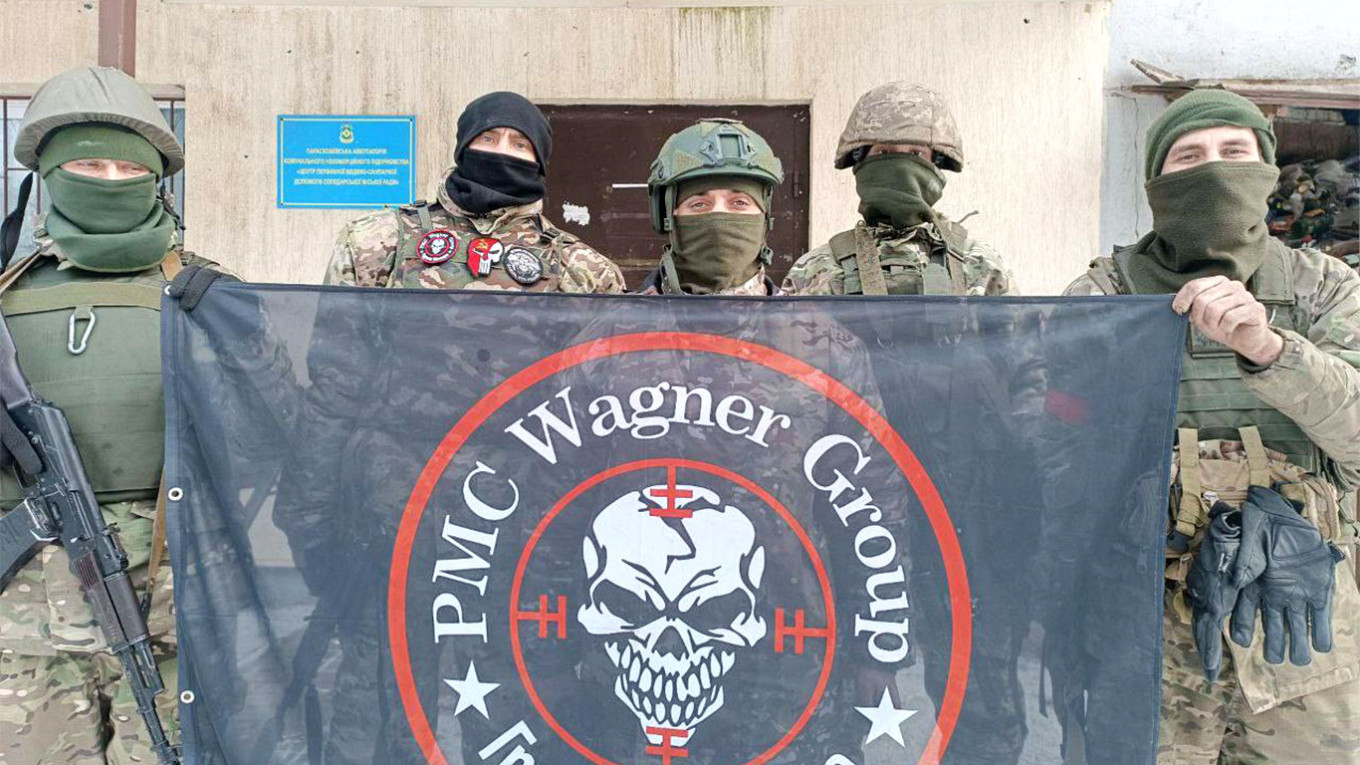The victory in Soledar – a small town of 10,000 inhabitants before the war, now nearly destroyed by Russian bombing – represents for the Russian command more a propaganda value than a strategic one: it is the first advance in six months, to be given to a supreme commander who grew up in the “Soviet memory” of the triumphant proclamations of the Red Army’s territorial advances against Germany.
Much more interesting is to understand what the battle for Soledar has opened up in Moscow. It is true that victory always has many fathers, but the public clash saw a virtually private actor, the Wagner Group founder Evgeny Prigozhin, challenging the Russian Ministry of Defence. This event is unprecedented in both form and content.
An anomalous clash that stems from an anomaly: using teams of mercenaries in war, recruited by an ex-convict oligarch, among convicts sentenced for serious crimes (murder, robbery, rape and paedophilia), who claim private rules for their private army, including the public execution by hammering of ‘traitors’.
The cooperation between the Wagners and the ‘statal’ soldiers was tested in Syria, but changed profoundly in a large-scale conflict like the invasion of Ukraine: mercenaries are no longer used in raids, but integrated into the army’s operations on field. All this without being an army. Prigozhin publicly attacks the Russian military leadership, disseminates videos where his soldiers insult the Chief of the General Staff Valery Gerasimov, and polemically and publicly claims exclusive credit for the capture of Soledar. Such behaviour is unthinkable in the hierarchies of a state, where these types of struggles always remain under the surface, and do not involve external entities, least of all those that explicitly rely on a paracriminal ideology such as the Wagners.
Even more surprising is the fact that the competition for glory and medals – and thus for the resources in future battles – runs with the support of a part of the political and media corps that includes Duma deputies and TV and digital propagandists, who are convinced that the Wagner group represents not only a more efficient fighting unit than the army, but also the avant-garde of militarist nationalism elected to neo-imperial ideology.
An “inter-species fight” that Yulia Latynina in Novaya Gazeta calls “much more important than the one at the front,” and a sign of the transformation of the Putin system into a failed state. Where, however, the military seems to have won, or at least drawn even (after Wagner did the dirty work in the trench warfare in the Donbass), the Moscow offensive in Prigozhin was beaten back with losses across the board. Vladimir Putin took the command of the ‘special military operation’ out of the hands of Sergey Surovikin, considered to be Prigozhin’s candidate, linked to his mercenaries from the days when he had earned the nickname ‘General Armageddon’ in Syria, to hand it over to Gerasimov whose removal was publicly demanded by the Wagners.
Another general whom Prigozhin dislikes, Aleksandr Lapin, was also reinstated after being dismissed as head of the ground forces command. And the Ministry of Defence took credit for Soledar, giving the ‘brave’ Wagner a minor role in the offensive.
Rather than the decline of Prigozhin’s star, this move by Putin looks for now like a classic rebalancing move after the pendulum has swung too far towards the supernationalists, passionate supporters of war but uncontrollable. Post-communist Russia has inherited from the late-Soviet political tradition the rule of not giving the military too much autonomy, and the system favours the promotion of yes-men like Gerasimov, and those who signed off on a blatantly unsuccessful plan to invade Ukraine.
Putin is thus between those who promise him victories, achieved by ignoring the chains of command and with no regard for the lives of their soldiers, and those who do not endanger his political survival. It is noteworthy that in the week in which the clash between Prigozhin and the military went beyond the limits of institutional decorum, the Kremlin has leaked news about the start of preparations for Putin’s re-election campaign in 2024. Officially, the president has not yet announced that he will run for re-election, and one of the reasons for this may be that he is now less popular among many in his ruling class in the wake of the war he alone started.
The idea that the invasion of Ukraine was a mistake is fairly widespread, much less shared is the idea that the war must be stopped. In the ranks of those who would like to win – realising that a Russian defeat would mean the end of the regime in which they have so far thrived – there is a growing feeling that it will not be Putin and his generals to bring the victory. In such a situation the attempt to rectify the balance of power by strengthening the institutions may come too late. One of the strong aspects that Putin offered his electorate was a strong, monolithic state that the president embodied, but the unholy pact he signed with an army of convicts has challenged this perception.
In conclusion, even though my reading of the conflict in Ukraine might give us hope for a quicker end to the war (and maybe also of the Russian regime, why not dream?), let us not forget that there are people who suffer not only from the armed conflict but also from cold, hunger, lack of care. These people, like all those from other war-affected countries in the world, must be welcomed and helped. This is a matter of civic sense and a sense of humanity. Furthermore, I would like to point out that those who instigate the so-called ‘war between the poor’, by organising anti-refugee and anti-immigration protests, do not help to resolve the situation and only share hate and new violence.
Published on The University Observer on 1st February 2023.
Photo credits: @200_zoka via Twitter.com
